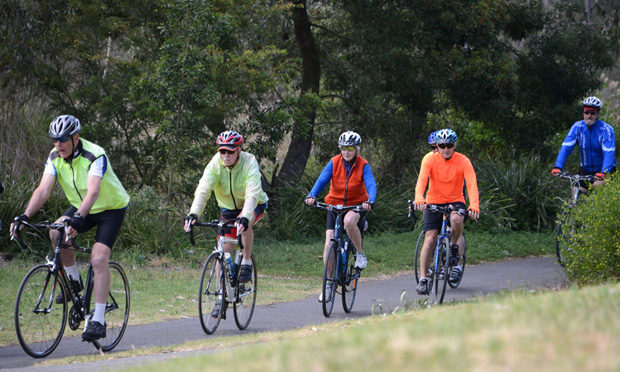Were our nation to move to a New Energy Economy, how would that impact Manitoba’s southeast? If this shift is well managed, it will affect our lifestyle, but not our prosperity. Overall prices will not go up! This is because the total, the overall tax burden will not go up. In the New Energy Economy it will not cost more to run government. Yes, the prices of things we consume that require a lot of fossil energy will go up, but this will be completely off set by the price of other goods going down. Goods that do not require much fossil energy to produce will be cheaper.
Recall the simplified example we have used here before. Assume that my household pays $20,000 in taxes annually. Today a small part of that is GST, but most of the tax I pay is on Income and Property. So assume that the $15,000 tax on income that I have been paying no longer exists. There no longer is any tax on income. However there is now a $15,000 tax on the fossil based fuel I consume. So my disposable household income has gone up, but the fossil fuel is more expensive because of the tax my supplier has had to pay for extracting it. My prosperity has not changed, but I will be highly motivated to change my behaviour.
To move toward a New Energy Economy will require a policy change by government. But residents will also need to welcome the new policy. Residents will need to be willing to change their behaviour.
So how might such a change impact us in the southeast? Use your imagination. Here are just a few thoughts:
- All houses would be built to maximize solar gain. This would not significantly increase the cost of the house, but the solar gain would do much to reduce heating costs.
- The forest to the south and east of Steinbach would be taken more seriously. We would be mimicking cities in Scandinavia who depend on their surrounding forest for the energy to heat their buildings. This would also require a shift to district heat.
- More people would walk and cycle. Side benefits would be a friendlier city, residents would be more fit and hence healthier. They would be friendlier because they would pass each other walking. Steinbach would be denser; with less pavement and more grass and trees. Taxes would be lower.
- Fewer people would commute between Steinbach and Winnipeg. Those still commuting would use electric vehicles.
- Sports would be more localized. Local teams would not travel hundreds of kilometres just to play a game, but there would still be the same number of games to watch.
- We would be more dependent on local food, and would probably have a personal relationship with our local vegetable grower. Locally grown food would be cheaper. Food grown in distant locations would still be available, but it would be expensive.
- Our amount of vacation time would not change, but we would take our vacations locally. The local hospitality sector, catering to local people, would be more developed.
If you have been following this series, you will be interested in joining others at the Jake Epp Library on Wednesday, February 15. This is an educational evening. We will consider the risks posed by the Energy East Pipeline on the one hand, and how a New Energy Economy would affect us on the other. Our guest will be Douglas Tingey, a Winnipeg lawyer familiar with the risks posed by the Energy East Pipeline.




